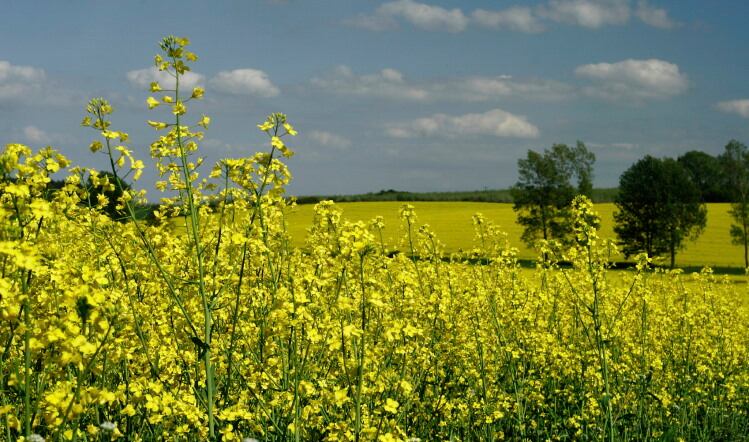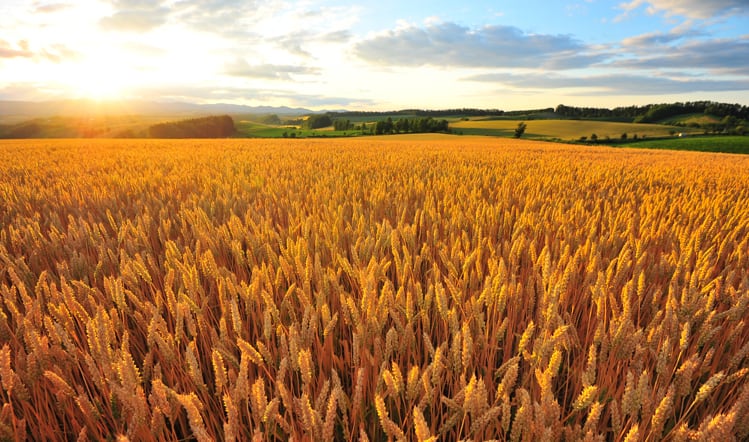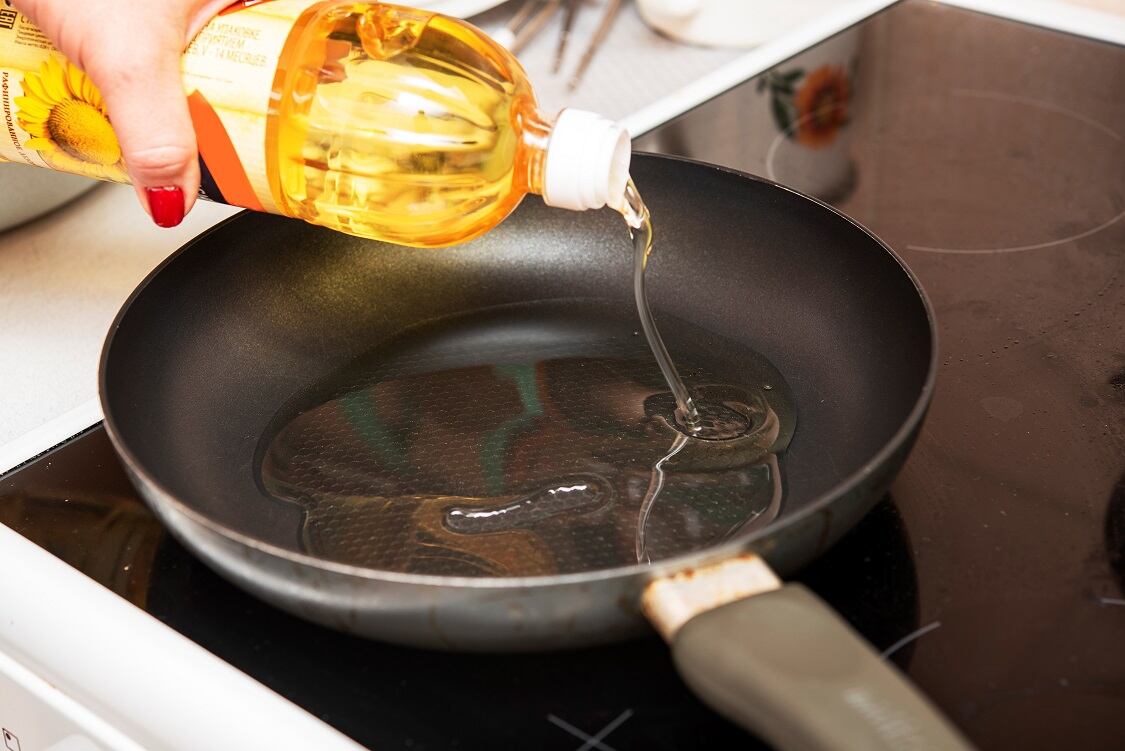While the UK harvest for rapeseed has declined since 2017/18 – down 49.8% by 2021/22 – thanks to pest damage and bad weather, the similar properties of these edible oils make them very substitutable as an ingredient, explained Clive Black.
However, Black noted that the Europe region – which represents a huge producer and exporter of rapeseed oil – is enjoying favourable crop conditions for oilseeds, which should mitigate anxiety about disappointing yields this harvest.
“It may also help encourage above expected planting in the August period this year, as oilseed as a species is often less demanding from a fertiliser perspective,” he continued. “We do caution though the long lead time on the planting this Autumn cycle, meaning the prices of cooking oils will likely stay supported for some time.”
Prices to remain high
Prices would continue to remain at their current levels until the harvest of summer 2023, Black posits. He also pointed out that plantings of Australia canola and US soybean would likely be up by the winter of 2022, offering a suitable replacement for sunflower or rapeseed oil.
“From a legislative point of view, the proposed re-work of Germany’s environmental restrictions on biofuel production would free up c.5% of German agricultural land for food dedicated oilseed production and in the short-term allow relocation of existing rapeseed oil towards food use rather than biofuel,” Black added.
“It may also help repatriate a significant chunk of UK rapeseed exports to Germany, which usually accounts for 10-20% of the total, through this is still insignificant in the bigger picture.”
Such a move would remove significant pressure on oilseed prices in European producing countries, including the UK, but this could come at a cost to the environment, black warned.
Plam oil ban
Commenting on the ban on palm oil exports from Indonesia, Black said the disruption would be temporary given the size of domestic storage.
“At the run-rate of exports that have been repatriated, we expect storage to fill up within a month,” said Black. “This is among a backdrop of European storage which should unwind but buy the region four-to-six weeks' worth of time to find alternatives or wait for Indonesia to change tack.”
The onus would now be on the UK government using its independence from the EU’s Common Agricultural Policy to make its own planting decisions in order to provide better food security. But battling pest destruction might still keep farmers away from planting a risky crop in an already tricky market.
“For now, the agility of UK agriculture won’t be able to accommodate for this and thus changes must be made by the Government in aid of the farming industry, like in Germany, if we are to help de-risk the consumer basket,” said Black.





